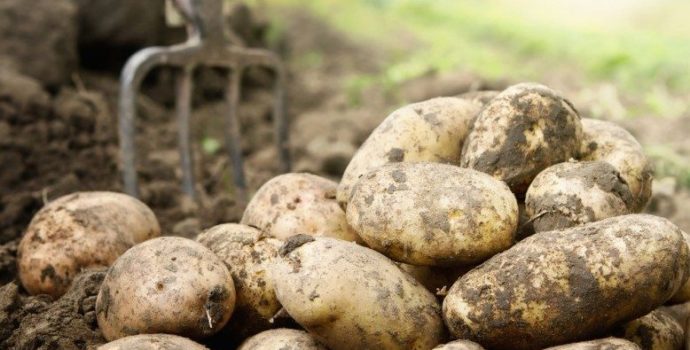Regional Labs Recognised Internationally as Optimum System and Must Be Maintained – IFA

Addressing a rally in Athlone to maintain the Regional Veterinary Laboratory services, IFA Animal Health Chairman Bert Stewart reiterated that the current structure is acknowledged by authorities worldwide as the optimal surveillance system for early detection of trends and novel diseases, according to the recently published review document.
He said, for an investment of €6.4m over eight years, the structures in place in Ireland can be maintained and the service provided to farmers enhanced.
“Department of Agriculture Regional Veterinary Laboratory services are a highly regarded, a vital support for farmers throughout the country. The focus of the Minister for Agriculture Michael Creed and his officials must be on the enhancement of services to farmers in all regional sites.”
Bert Stewart said farmers have made enormous investments in progressing the health status of the national herd, which benefits the agri-sector and wider rural economy. Strong meaningful state diagnostic support is a vital component and the Minister must enhance this service for all farmers.
In the context of the National Farmed Animal Health Strategy, which the Minister has embarked on, he said, “IFA has met Department officials and highlighted to the Minister that any approach other than strengthening the diagnostic services provided by the State on all regional sites would be counterproductive”.
IFA Connacht Chairman Padraic Joyce said farmers rely on the quality and independence of the service provided by the strategically located regional veterinary laboratory structure. “This structure facilitates the convenient and timely submission of samples by farmers and their vets when urgent, accurate and independent diagnosis of on-farm problems is required.”
Roscommon IFA Chairman John Hanley said the local regional veterinary laboratory is best equipped to deal with the changing dynamics of farming and challenges from new and emerging diseases. “The lab and staff in Athlone, with their local knowledge, close interaction with farmers and vets and key industry stakeholders, and ease of access for samples is the only approach that can provide the necessary support to farmers.” He said is critical that the existing structures are maintained and built on to ensure they are fit for purpose and continue to deliver real value to farmers in the midlands.




